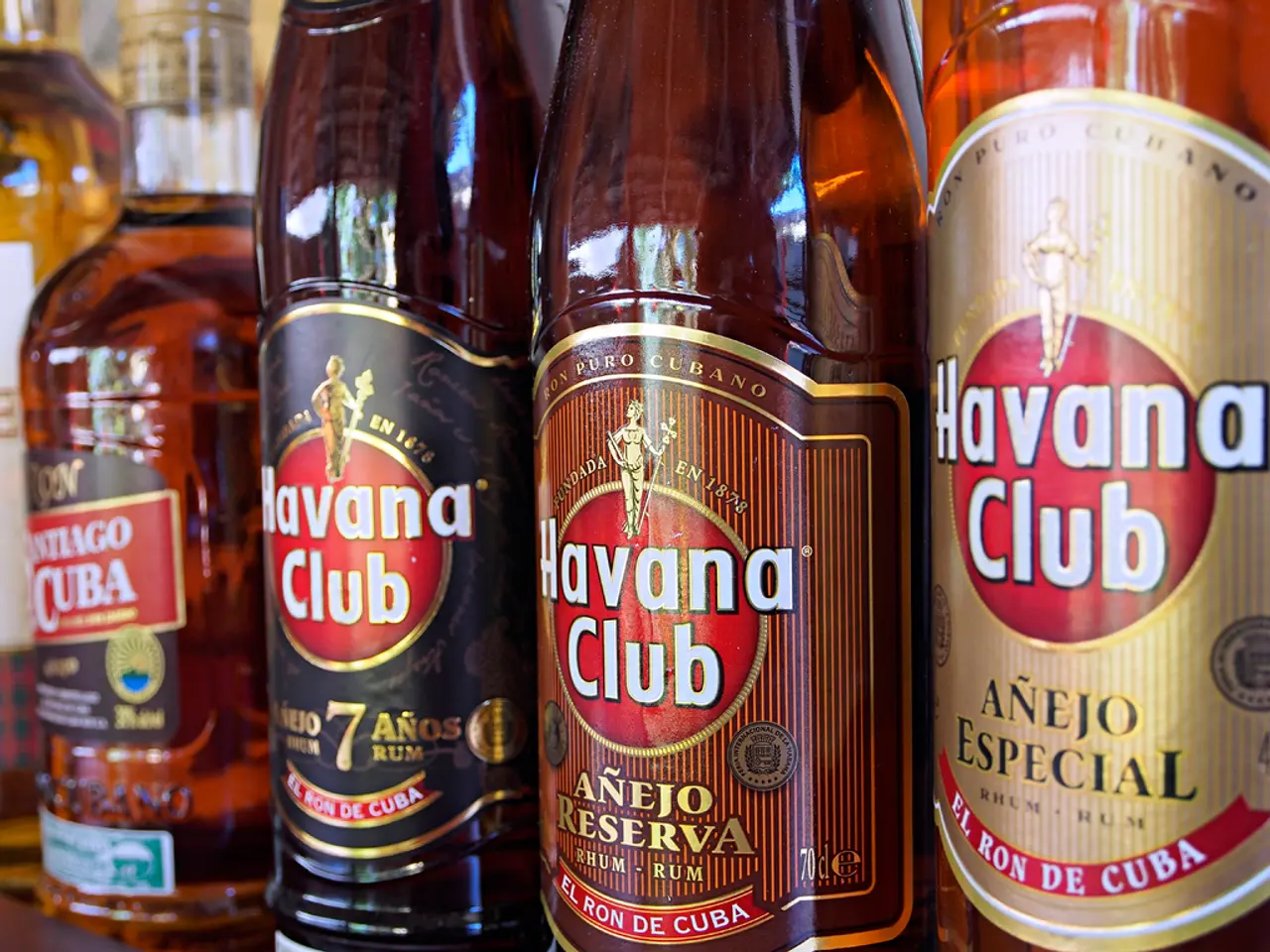Pancreatic cancer treatment breakthrough: Oncolytics Biotech, Candel, and CytomX present innovative therapy options in clinical settings
Promising Developments in the Fight Against Pancreatic Cancer
Pancreatic cancer, one of the most aggressive and deadly forms of cancer, currently ranks as the third leading cause of cancer death in the United States. With a five-year survival rate of only 12%, this disease has proven resistant to most available systemic anti-cancer agents. However, recent advancements in research and clinical trials are offering new hope for patients and their families.
One promising drug under development is pelareorep, a nonpathogenic, oncolytic virus being pursued by Oncolytics Biotech. Pelareorep has shown promise in a number of cancer types, particularly breast and pancreatic cancer. This oncolytic virus works by generating, recruiting, and training immune cells to kill cancer while remodeling the tumor microenvironment.
In a significant step forward, pelareorep has been granted Fast Track Designation by the FDA in combination with Roche's anti-PD-L1 checkpoint inhibitor atezolizumab, and chemotherapeutic agents gemcitabine and nab-paclitaxel, for the treatment of advanced/metastatic pancreatic ductal adenocarcinoma (PDA), the most common type of pancreatic cancer, which accounts for at least 90% of cases.
Pancreatic tumors create a cocoon of collagen fibers around themselves, shielding them from the body's immune system and standard-of-care treatments like chemotherapy. Pelareorep's ability to work in synergy with chemotherapy, immune checkpoint inhibitors, CAR-T cell therapy, bispecific antibodies, and other drugs could potentially enhance its antitumor potential and breach this protective barrier.
Oncolytics is currently conducting the GOBLET trial, a phase 1/2 study, to examine the potential of certain combination therapies with pelareorep for gastrointestinal cancers, including pancreatic cancer. The company has also announced a preliminary collaboration with the Global Coalition for Adaptive Research to evaluate pelareorep in treating first-line metastatic PDA.
Another promising candidate is Candel Therapeutics' CAN-2409, which received Orphan Drug Designation from the FDA for the treatment of pancreatic cancer due to positive phase 2 interim data.
Immunotherapy is not a great option for pancreatic cancer due to the cancer cells' low immunogenicity and their tendency to generate less immune response. However, recent trials combining immunotherapy with other treatments are showing promising results. For instance, the DURIPANC trial data indicate encouraging safety and improved progression-free survival and overall survival in metastatic pancreatic cancer patients treated with rintatolimod (an immune modulator) combined with the anti–PD-L1 checkpoint inhibitor durvalumab after FOLFIRINOX chemotherapy.
In addition to these approaches, research efforts are increasingly focusing on combination strategies, biomarker-driven therapy, and immune stimulation to improve historically poor pancreatic cancer prognosis. Other promising clinical trials and treatments include Tumor-Treating Fields (TTFields) combined with chemotherapy, personalized mRNA vaccines targeting tumor-specific mutations, and the FDA-approved first-line treatment involving Nalirifox, a combination of four chemotherapy agents.
The American Cancer Society estimates that in 2024, approximately 67,440 people in the U.S. will be diagnosed with pancreatic cancer and about 51,980 of those people are expected to succumb to the disease. However, with the ongoing research and promising developments in the field, there is a growing sense of optimism that these numbers may begin to decline in the near future.
Several biotech companies are making promising strides in developing new and more effective treatments for pancreatic cancer. CytomX Therapeutics' candidate, CX-904, demonstrated a favorable safety profile and presented encouraging initial signs of efficacy in advanced pancreatic cancer in a phase 1a trial.
As these treatments continue to progress through clinical trials and move closer to FDA approval, patients and their families can look forward to a future where pancreatic cancer is no longer the deadly disease it is today.
- Research and clinical trials, such as those for Oncolytics Biotech's pelareorep, are offering new hope for patients with pancreatic cancer, a chronic disease that is currently the third leading cause of cancer death in the United States.
- Immunotherapy, though not traditionally effective for pancreatic cancer due to its low immunogenicity, is showing promising results in recent trials when combined with other treatments.
- Candel Therapeutics' CAN-2409, a promising candidate for pancreatic cancer treatment, has received Orphan Drug Designation from the FDA due to positive phase 2 interim data.
- Biotech companies like CytomX Therapeutics are making significant strides in developing new and effective treatments for pancreatic cancer, with their candidate, CX-904, showing a favorable safety profile and encouraging initial signs of efficacy.
- With the ongoing research, promising developments, and clinical trials in the field of health-and-wellness and biotech, there is a growing optimism that the number of pancreatic cancer diagnoses and deaths may begin to decline in the near future.




